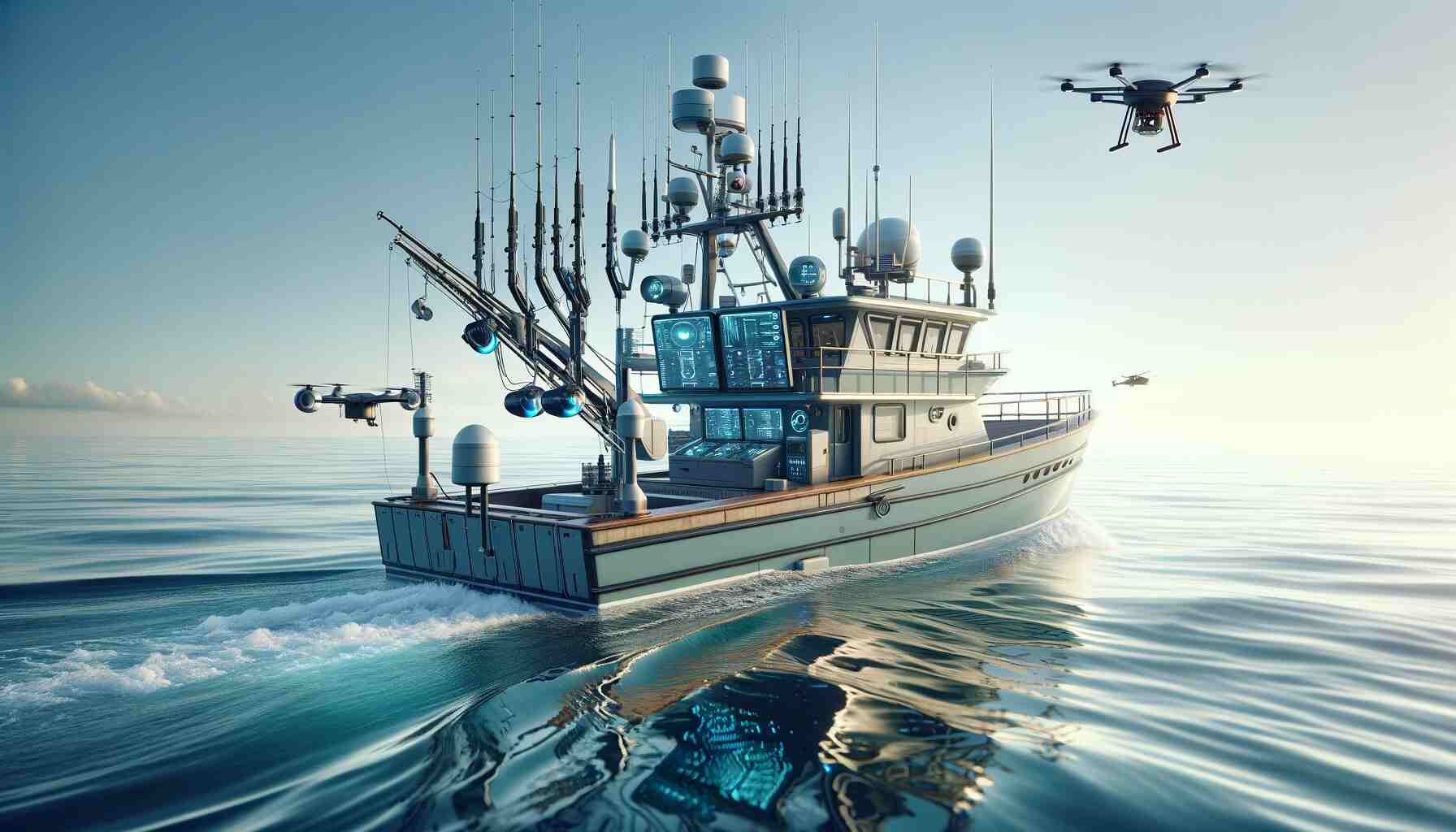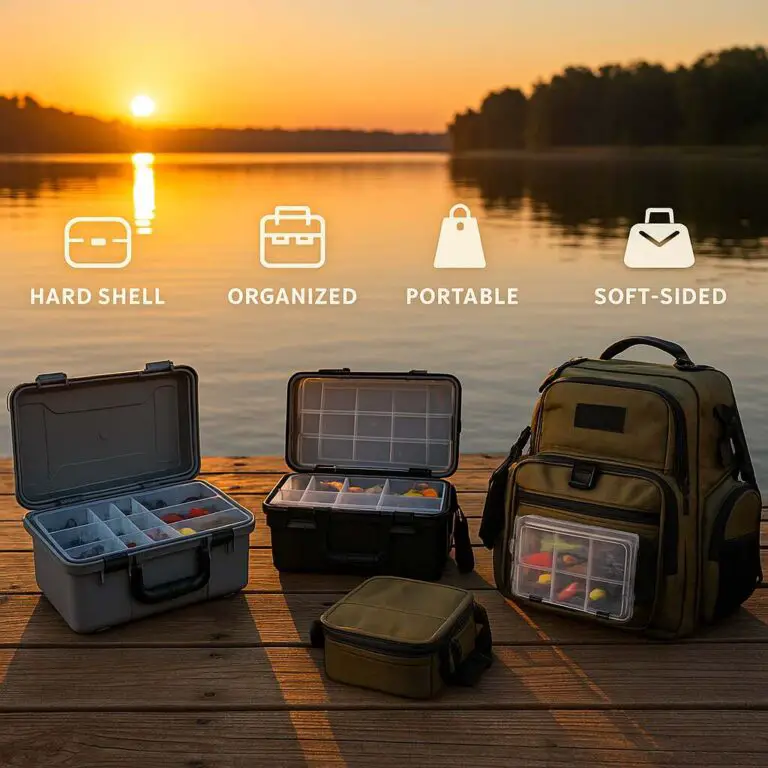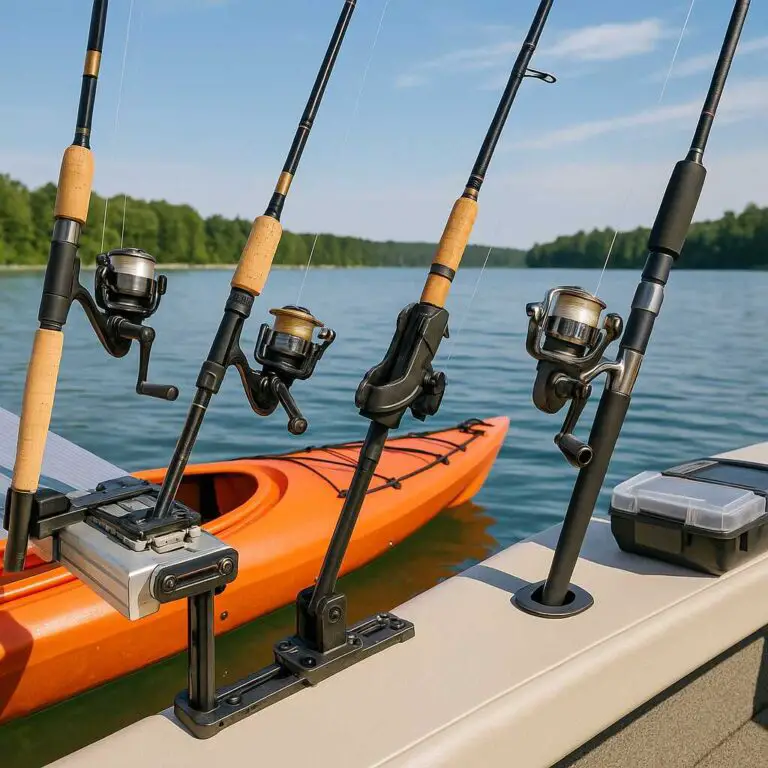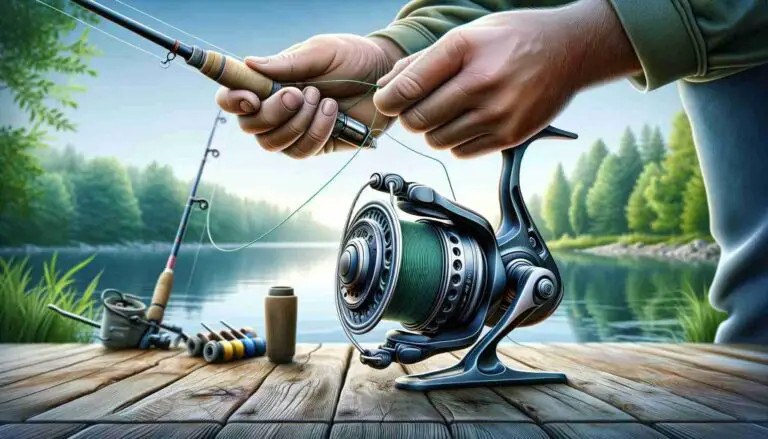The world of fishing is undergoing a technological revolution, much like every other facet of our lives. From recreational angling to commercial fishing, technological advancements, particularly the integration of Artificial Intelligence (AI), are reshaping how we approach this ancient practice. This article delves into these advancements, exploring how they’re making fishing more efficient, sustainable, and exciting.
AI in Fish Detection and Population Monitoring
AI’s role in fish detection has been a game-changer. Traditional methods relied heavily on experience and intuition, but AI algorithms now enable anglers and researchers to find fish more effectively. Tools powered by AI can analyze data from sonar readings, satellite images, and underwater cameras, providing precise information on fish locations and movements. For example, AI systems are being used to track where fish are caught, monitor fish populations, and even spot illegal fishing activities. Such technologies not only enhance the fishing experience but also play a crucial role in conservation efforts.
Application Examples
- Sonar Technology and AI: Modern fishing boats employ advanced sonar technology integrated with AI algorithms, similar to those developed by companies like Garmin and Humminbird. These systems provide detailed underwater topography and fish schools’ locations, significantly increasing catch rates.
- Satellite Imaging for Fish Tracking: Global Fishing Watch, an initiative using AI with satellite data, monitors fishing activity worldwide, offering insights into fish population dynamics and illegal fishing practices.
- Underwater AI Cameras: Projects like the Ocean Cleanup use AI-powered cameras to monitor and analyze marine life, providing valuable data for conservation efforts.
Sustainable Fishing: AI’s Role
Sustainability in fishing is becoming increasingly vital, and AI is at the forefront of this movement. AI-powered systems can filter invasive fish species, thereby protecting native populations. Furthermore, they can help in identifying fish species, crucial for enforcing fishing regulations and maintaining ecological balance. The use of AI in sustainable fishing practices reflects a growing awareness and responsibility towards preserving marine ecosystems.
Sustainability Initiatives
- AI for Species Identification: Tools like Fishbrain use image recognition AI to identify fish species from photos, ensuring anglers comply with local fishing regulations.
- Invasive Species Control: AI-driven systems are being developed to filter invasive species from water bodies, preserving native fish populations. This approach is evident in projects targeting invasive Asian Carp in the U.S.
Drone Fishing: A New Horizon
Drones have found a unique place in fishing, offering new perspectives and capabilities. Anglers use drones for casting lines in inaccessible areas, scouting for fish, and even dropping baits. Some drones are specifically designed for fishing, equipped with waterproofing and bait release systems. However, it’s important to note that drone fishing regulations vary by region, and it’s crucial to stay informed about local laws.
Innovations and Regulations
- Fishing-Specific Drones: Companies like DJI have developed drones equipped with features for anglers, such as waterproofing and remote bait dropping, revolutionizing shore-based fishing.
- Regulatory Landscape: The use of drones in fishing is subject to regional regulations. In some U.S. states, drone fishing is restricted or banned, highlighting the need for responsible usage.
Challenges and Considerations
While the advent of technology in fishing brings many benefits, it also poses challenges. For instance, the sounds from underwater cameras can disturb marine life. Moreover, there’s a concern that these technologies might lead to overfishing or disrupt natural fish behaviors. Thus, it’s essential to balance technological use with ethical and sustainable fishing practices.
Ethical and Environmental Concerns
- Disturbance to Marine Life: The noise from underwater cameras and drones can disrupt natural fish behavior. This concern is being addressed by developing quieter technology and setting guidelines for minimal disturbance.
- Risk of Overfishing: The efficiency of AI and technology in locating fish raises concerns about overfishing. Organizations like the International Game Fish Association advocate for sustainable fishing practices to mitigate this risk.
The Future of Fishing and Technology
As we look to the future, it’s clear that technology will continue to play a significant role in fishing. The integration of AI and other advanced technologies is poised to make fishing more efficient, sustainable, and accessible to a wider audience. From AI in fish population management to the use of drones, these advancements are not just transforming the way we fish; they’re also helping us become more responsible stewards of the aquatic world.
Looking Ahead
- Personalized AI Fishing Assistants: Future developments may include AI personal assistants that suggest optimal fishing spots and techniques based on real-time data analysis.
- Technology for Conservation: AI and drones will play an increasing role in conservation efforts, like monitoring protected areas and tracking endangered species.
Conclusion
The intersection of technology and fishing is an exciting frontier with vast potential. As we embrace these advancements, it’s crucial to do so with an eye towards sustainability and conservation. The future of fishing looks bright and intelligent, with technology at its core, guiding us towards a more efficient and responsible practice of this timeless pursuit.
As we navigate these waters, it’s crucial to balance innovation with sustainability, ensuring that fishing continues as a beloved and ecologically mindful pursuit.








